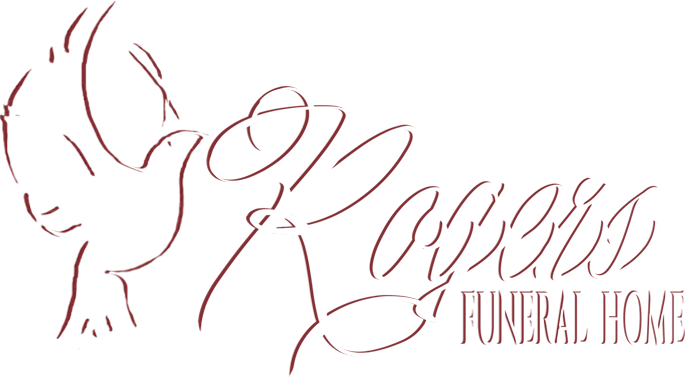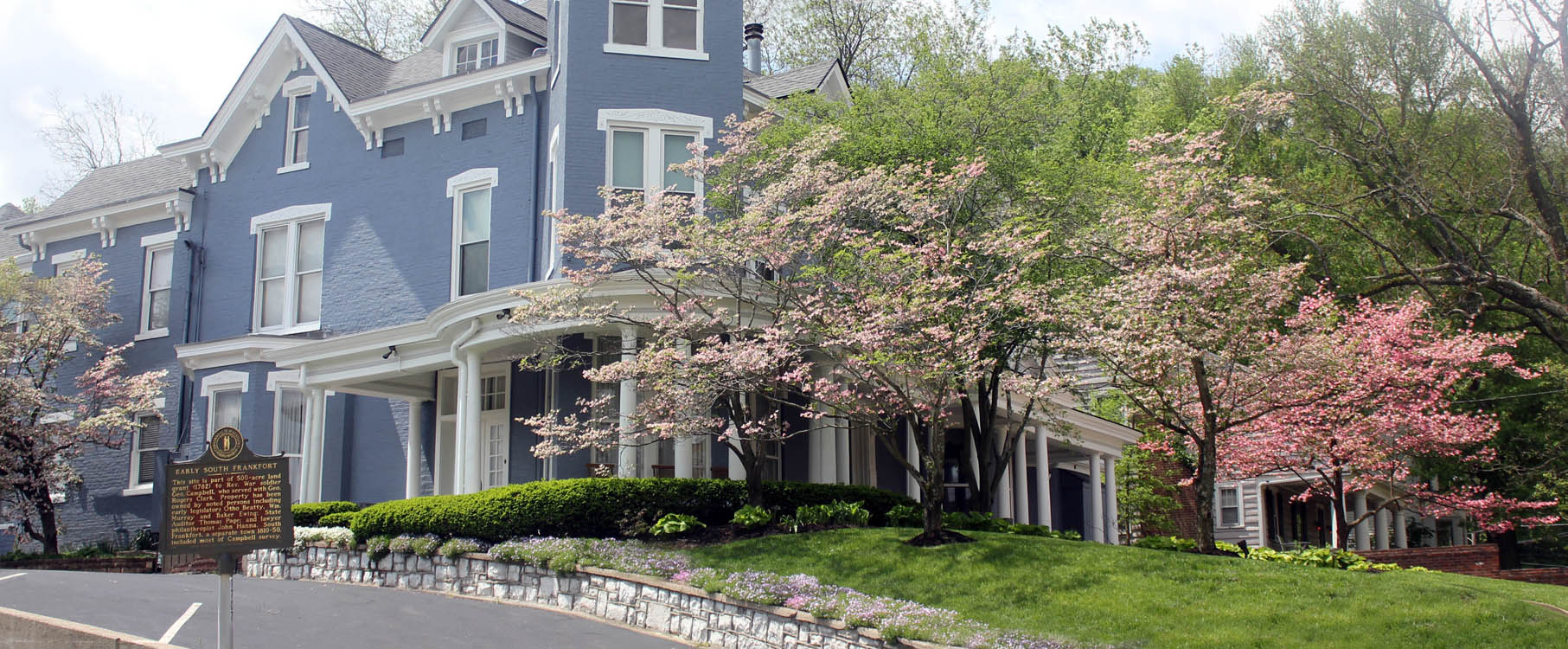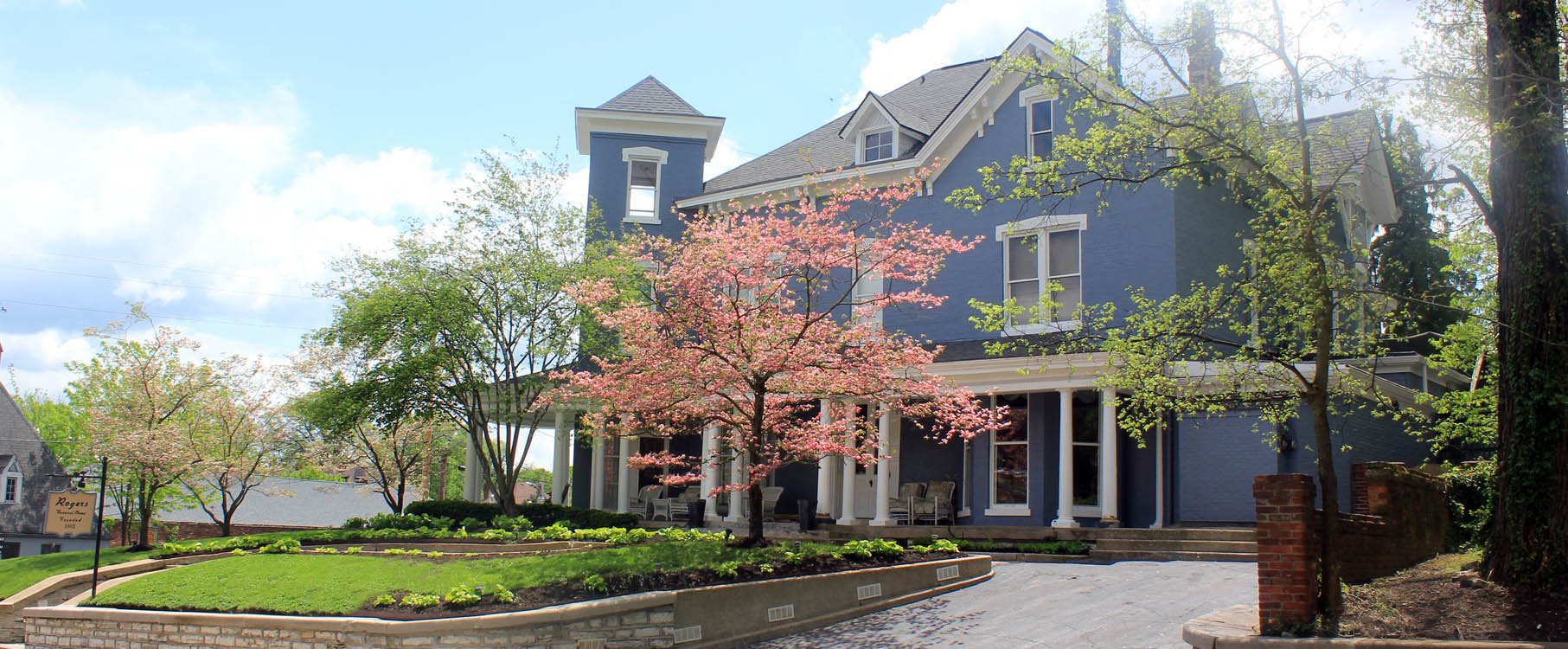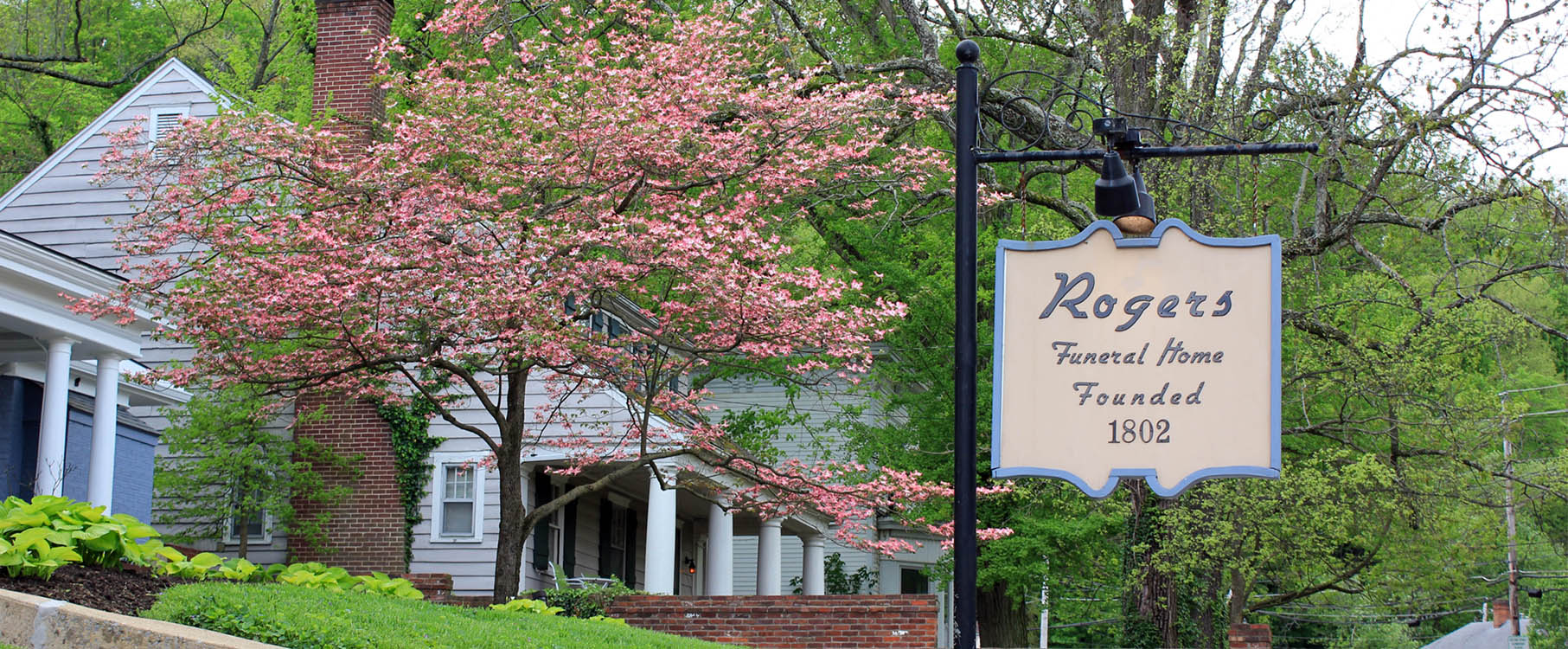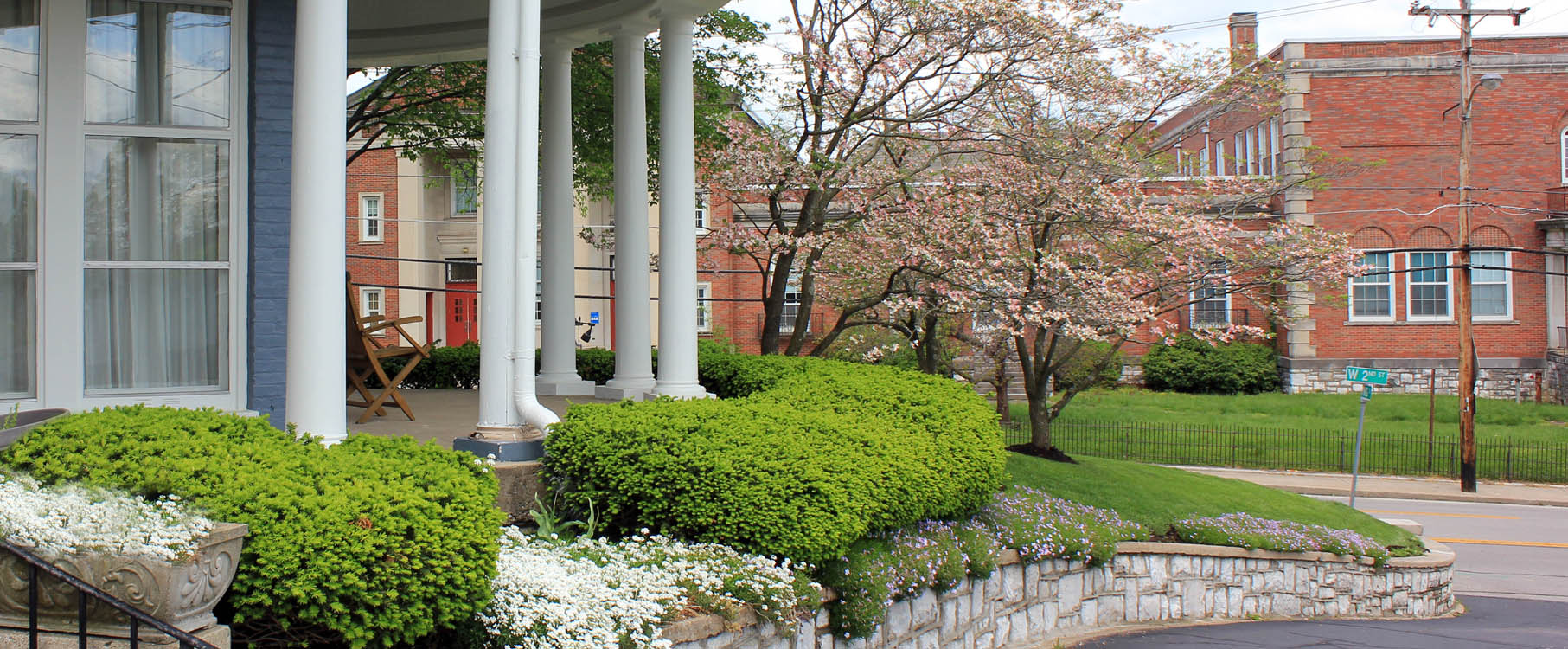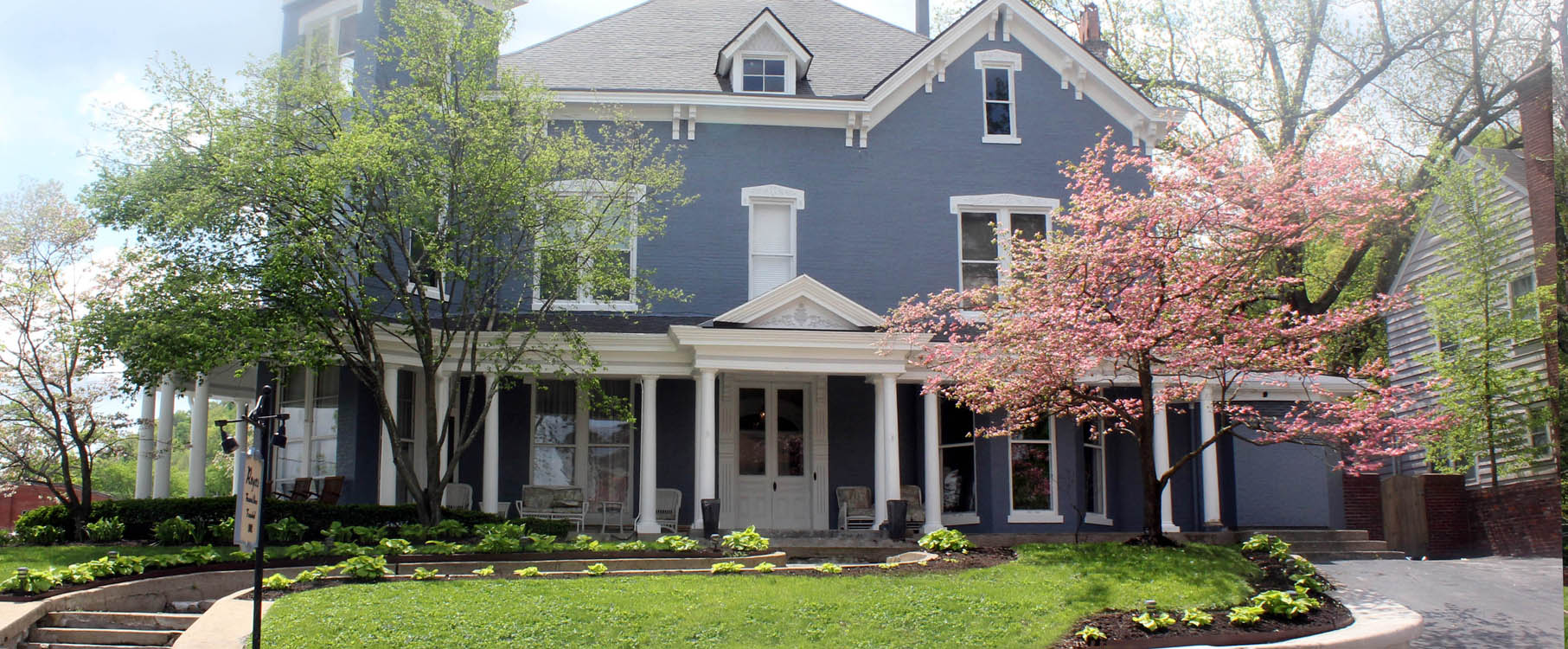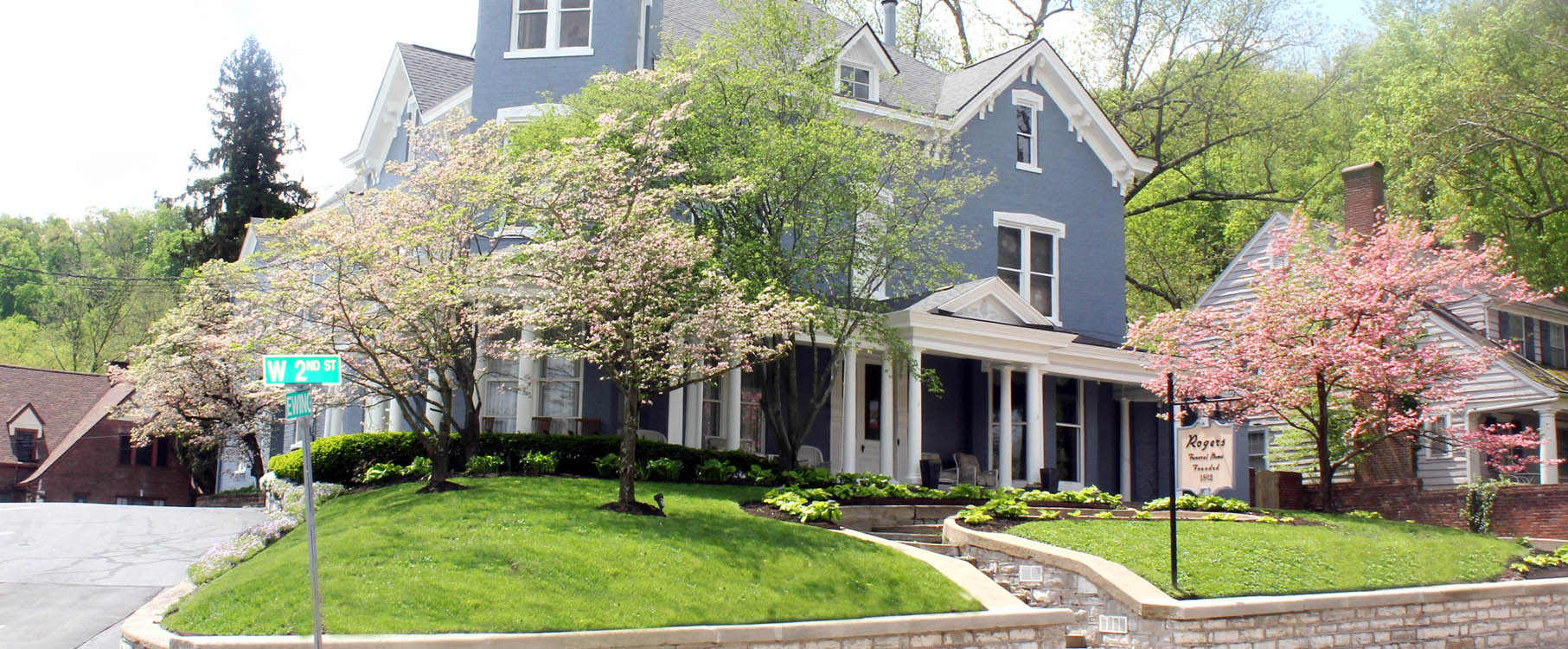When Death Occurs
No matter if a death is sudden or if it something that was a long time coming, the loss of a loved one makes us feel emotional and overwhelmed. No amount of preparation can fully prepare you for the loss of a loved one. When you are in a heightened emotional state, even the most basic decisions can seem staggering. The following is a rough guideline of what needs to be done within the first 24 hours after death.
When Death Occurs at a Home
If a death occurs at a home and the person was not under hospice care, you will need to notify the coroner's office. This can be done by you calling them directly, or simply by you calling the funeral home and requesting that we follow the proper procedure for you. From there the coroner will determine whether further action is necessary, and will either remove the deceased or contact the funeral home that you authorize. If the person was under hospice care but no nurse is present, contact the hospice representative and they will instruct family members as to what the proper procedures are to follow. If you have any doubts as to what you should do or who you should contact, you may call us at Rogers and we will assist you in determining the proper steps to take and notifying the necessary persons.
When Death Occurs at a Hospital / Nursing Home / Hospice Facility
If you are not present at a care facility such as a hospital or a nursing home when a death occurs, the staff will notify you and the necessary authorities immediately. Once you inform the staff of your choice of funeral home, the funeral home will be contacted and will send a director to the hospital or nursing home for transportation of the deceased. It is not necessary for you to be present when the funeral director arrives. If you are, we will likely ask a few questions about your and the deceased's wishes, and set up a time to meet with you to make arrangements. If you choose not to remain at the hospital or nursing home, we will contact you by telephone to discuss these arrangements with you.
The Role of your Funeral Home and Funeral Director
Funeral directors are here for two reasons. One is to ensure that all of the proper legal aspect are followed in attending to details such as transporting the body, filing necessary forms, and being present for services and the burial. But above and beyond that, we are here to make this difficult and stressful time as easy as it can possibly be for you. We can assist and advise with service planning, travel arrangements, coordinating with the cemetery, completing and filing insurance claims, grief support, and more.
Meeting a Funeral Director
An initial conversation with a funeral director should take place as soon as it is comfortable for you to be able to do so. This helps the staff to begin preparations in the best and most timely way possible. Deciding on final arrangements can seem like a very daunting task, especially when you are in heightened emotional state, and in most cases it is perfectly acceptable to wait a day or so before meeting with your funeral director. Remember that funeral home staff have years of experience dealing with these issues, and strive to ensure everything goes as smoothly and easily as possible. If you are uncomfortable coming to the funeral home, some details can be planned over the phone, and we can arrange to come to your place of residence to meet with you if necessary.
Making Arrangements
First the Funeral Director will gather information required for the death certificate. This includes:
- Full Name and Address
- Marital Status
- Race/Ethnicity
- Date and City of Birth
- Social Security Number
- Highest Level of Education
- Father’s Name, Mother’s Name (including maiden name)
- Name of Spouse (if married or widowed)
- Occupation and Employer
- Name, Address, and Contact Info of Informant (the person giving the above information)
If no pre-planning has been done, necessary arrangements need to be made for the funeral service. These include:
- Scheduling the location, date and time of the visitation and funeral service
- Selecting burial or cremation
- Choosing funeral products such as caskets, vaults, and urns
- Coordinating with the cemetery
- Preparing and submitting an obituary notice
- Planning the details of the service itself - type of service, music, readings, etc.
A funeral director will guide you through all these steps, using your wants, needs and desires as a foundation to create a memorable service for your loved one. From here the funeral services can be personalized. Did your loved one have a favorite sports team? What was their favorite type of music? What activity was your loved one known best for? Do you have photos you'd like to display, and would you like a tribute video or Memory Lane Montage? Recalling fond memories assists with the grieving process and will help honor the life of your loved one. At Rogers, we are here to help you create a service that will be as unique as the life your loved one lived.
